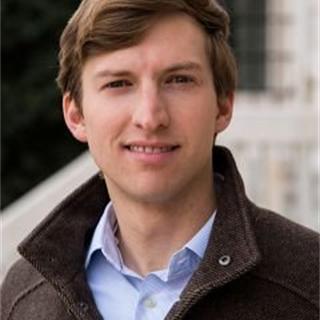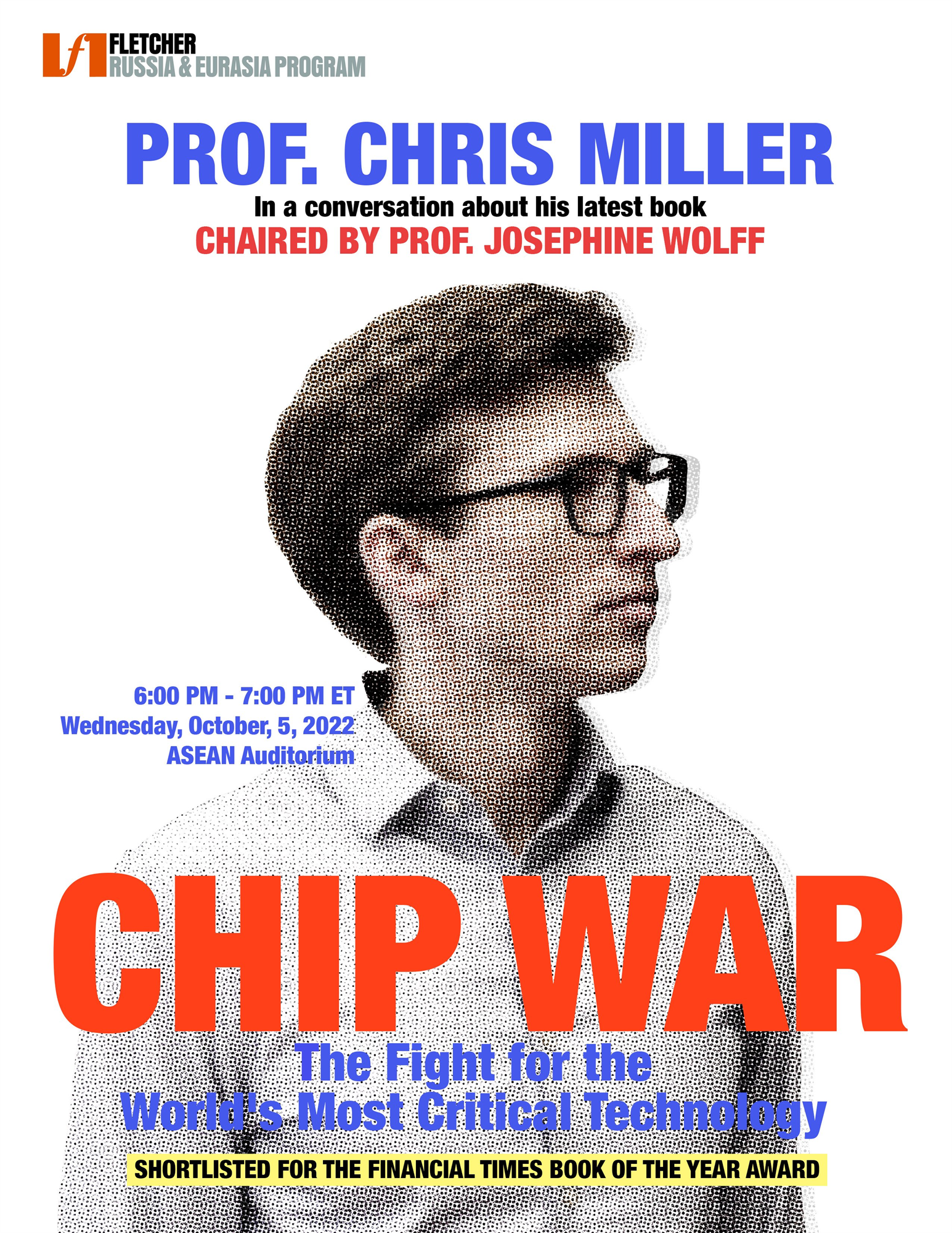Chip War: The Fight for the World's Most Critical Technology
by myFletcher
Private Location (sign in to display)
Registration
Details
An epic account of the decades-long battle to control what has emerged as the world's most critical resource—microchip technology—with the United States and China increasingly in conflict.
You may be surprised to learn that microchips are the new oil—the scarce resource on which the modern world depends. Today, military, economic, and geopolitical power are built on a foundation of computer chips. Virtually everything—from missiles to microwaves, smartphones to the stock market—runs on chips. Until recently, America designed and built the fastest chips and maintained its lead as the #1 superpower. Now, America's edge is slipping, undermined by competitors in Taiwan, Korea, Europe, and, above all, China. Today, as Chip War reveals, China, which spends more money each year importing chips than it spends importing oil, is pouring billions into a chip-building initiative to catch up to the US. At stake is America's military superiority and economic prosperity.
Economic historian Chris Miller explains how the semiconductor came to play a critical role in modern life and how the U.S. become dominant in chip design and manufacturing and applied this technology to military systems. America's victory in the Cold War and its global military dominance stems from its ability to harness computing power more effectively than any other power. But here, too, China is catching up, with its chip-building ambitions and military modernization going hand in hand. America has let key components of the chip-building process slip out of its grasp, contributing not only to a worldwide chip shortage but also a new Cold War with a superpower adversary that is desperate to bridge the gap.
Illuminating, timely, and fascinating, Chip War shows that, to make sense of the current state of politics, economics, and technology, we must first understand the vital role played by chips.
Speakers

Chris Miller
Associate Professor of International History
The Fletcher School of Law and Diplomacy, Tufts University
Chris Miller is Associate Professor of International History at The Fletcher School and Co-Director of the Russia and Eurasia Program. He has previously served as Associate Director of the Brady-Johnson Program in Grand Strategy at Yale, a lecturer at the New Economic School in Moscow, a visiting researcher at the Carnegie Moscow Center, a research associate at the Brookings Institution, and a fellow at the German Marshall Fund's Transatlantic Academy. He has written four books, The Struggle to Save the Soviet Economy: Mikhail Gorbachev and the Collapse of the USSR (2016), Putinomics: Power and Money in Resurgent Russia (2018), We Shall Be Masters: Russian Pivots to East Asia from Peter the Great to Putin (2021), and Chip War: The Fight for the World's Most Critical Technology (2022). He received his Ph.D. and M.A. from Yale University and his B.A. in history from Harvard University.

Josephine Wolff
Associate Professor of Cybersecurity Policy
The Fletcher School
Josephine Wolff is Associate Professor of Cybersecurity Policy at The Fletcher School. Her research interests include liability for cybersecurity incidents, international Internet governance, cyber-insurance, cybersecurity workforce development, and the economics of information security. Her first book is You'll See This Message When It Is Too Late: The Legal and Economic Aftermath of Cybersecurity Breaches (2018), and her second book Cyberinsurance Policy: Rethinking Risk in an Age of Ransomware, Computer Fraud, Data Breaches, and Cyberattacks will be published in 2022. Her writing on cybersecurity has also appeared in Slate, The New York Times, The Washington Post, The Atlantic, and Wired. She was previously Assistant Professor of Public Policy at the Rochester Institute of Technology and a fellow at the New America Cybersecurity Initiative and the Berkman Klein Center for Internet and Society at Harvard University.


